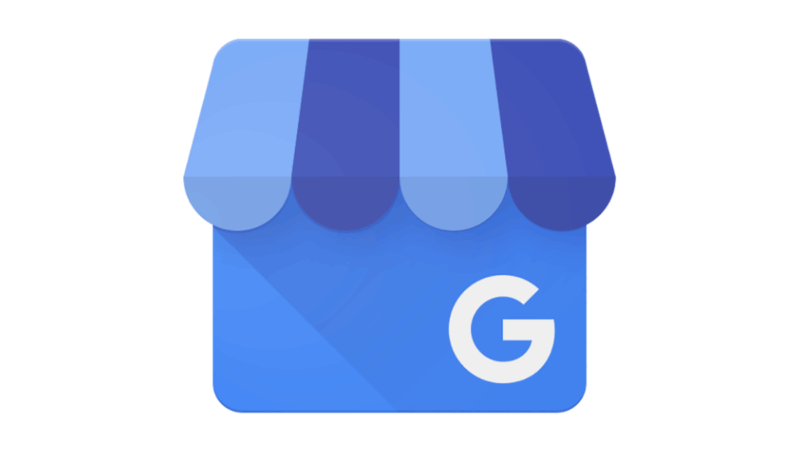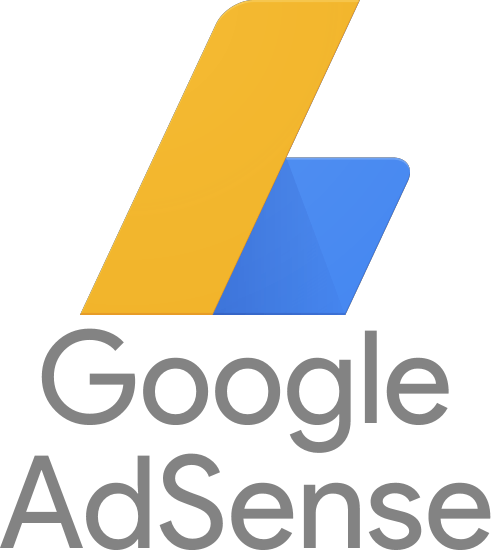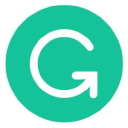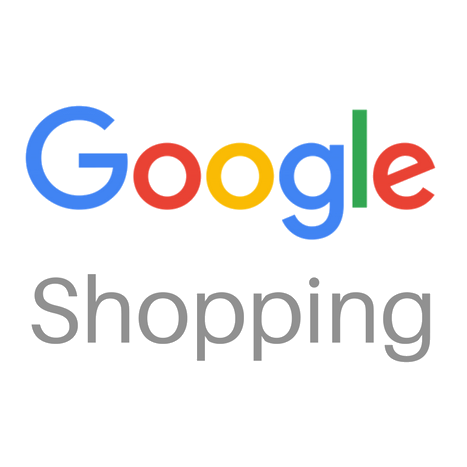I Left My Pharmacist Job To Make $300K/Year Building Links
Hello! Who are you and what business did you start?
I’m Amit, the Founder of The Links Guy, a link building & digital PR agency based in the UK. We specialize in link building, and this is our core (and only) offering. We tend to work with very tech-focused clients, however, our client base has ranged in everything from cybersecurity, B2B SaaS, cosmetic dentistry, finance, and citizenship by investment. You name it, we’ve probably worked on it in some form!
We’ve undergone a re-brand (was originally Amit Digital Marketing). Since we started back in early 2016, the brand has gone through several changes, expanded in size, and especially in the last 2 years, has increasingly been improved by input from individuals in my team. We’re in a much more stable and fruitful position than when I started, and have worked with clients and built connections with people and organizations I never dreamt I would have when I first dabbled in link building all those years back.
What's your backstory and how did you come up with the idea?
My original background was actually as a pharmacist - however, I always had a personal interest in business,...

























